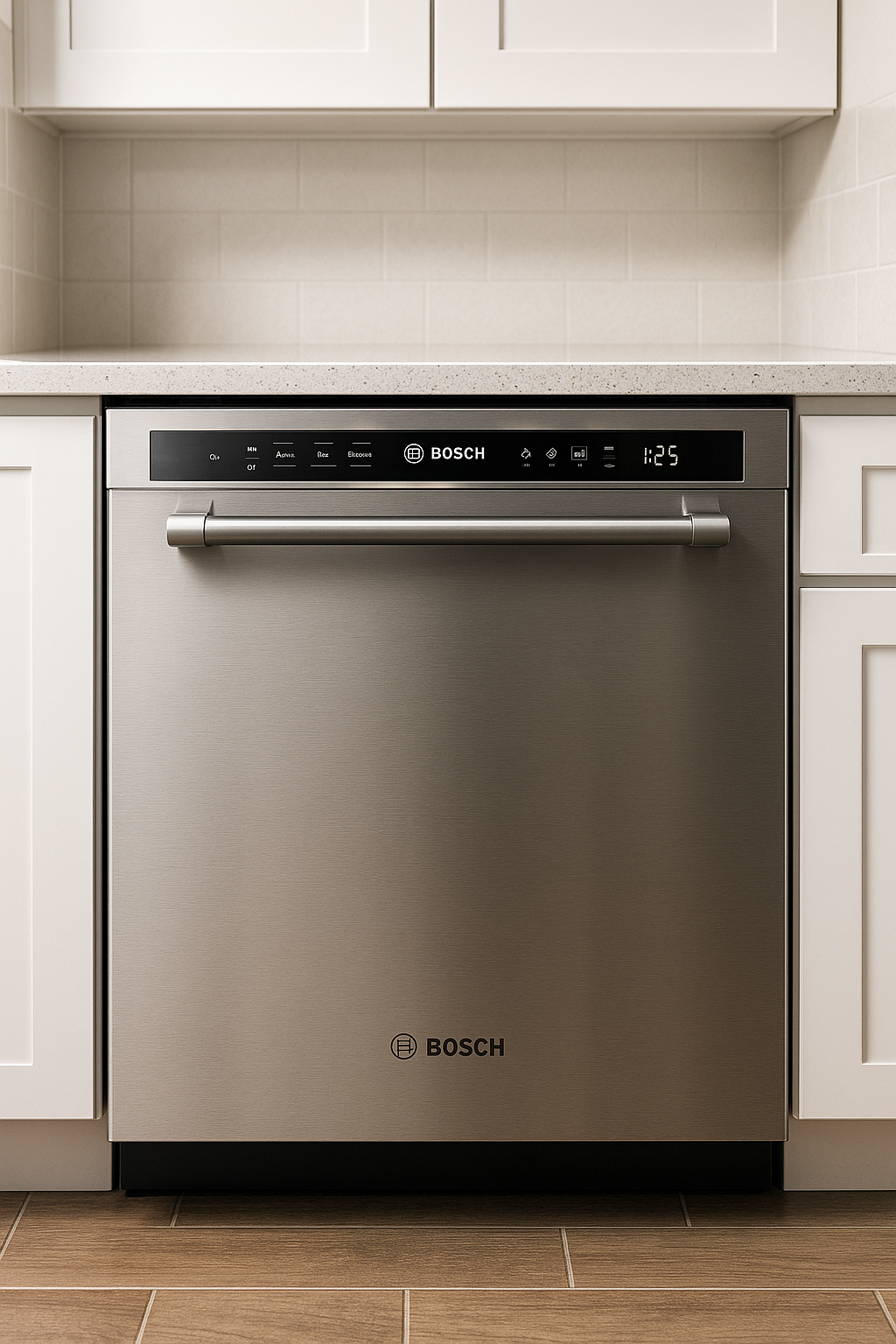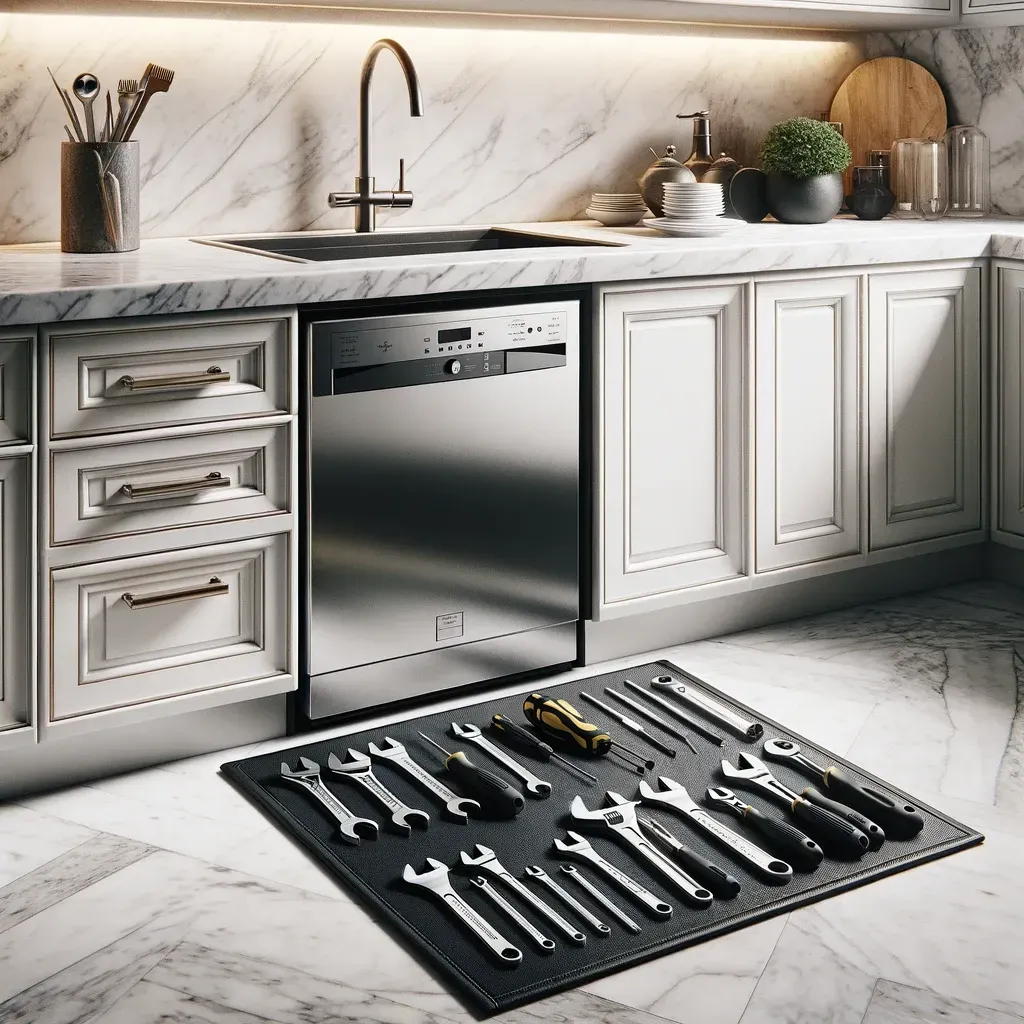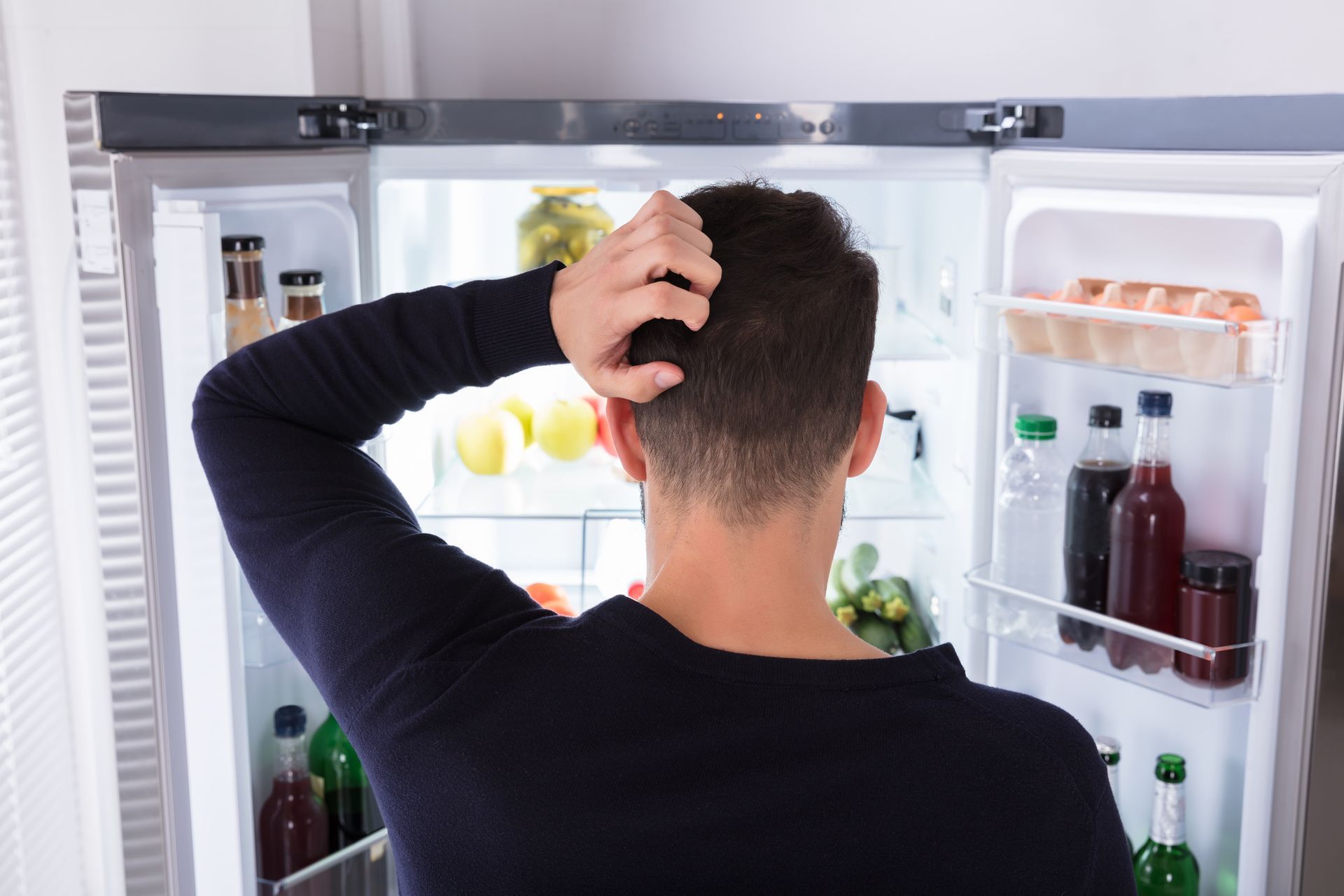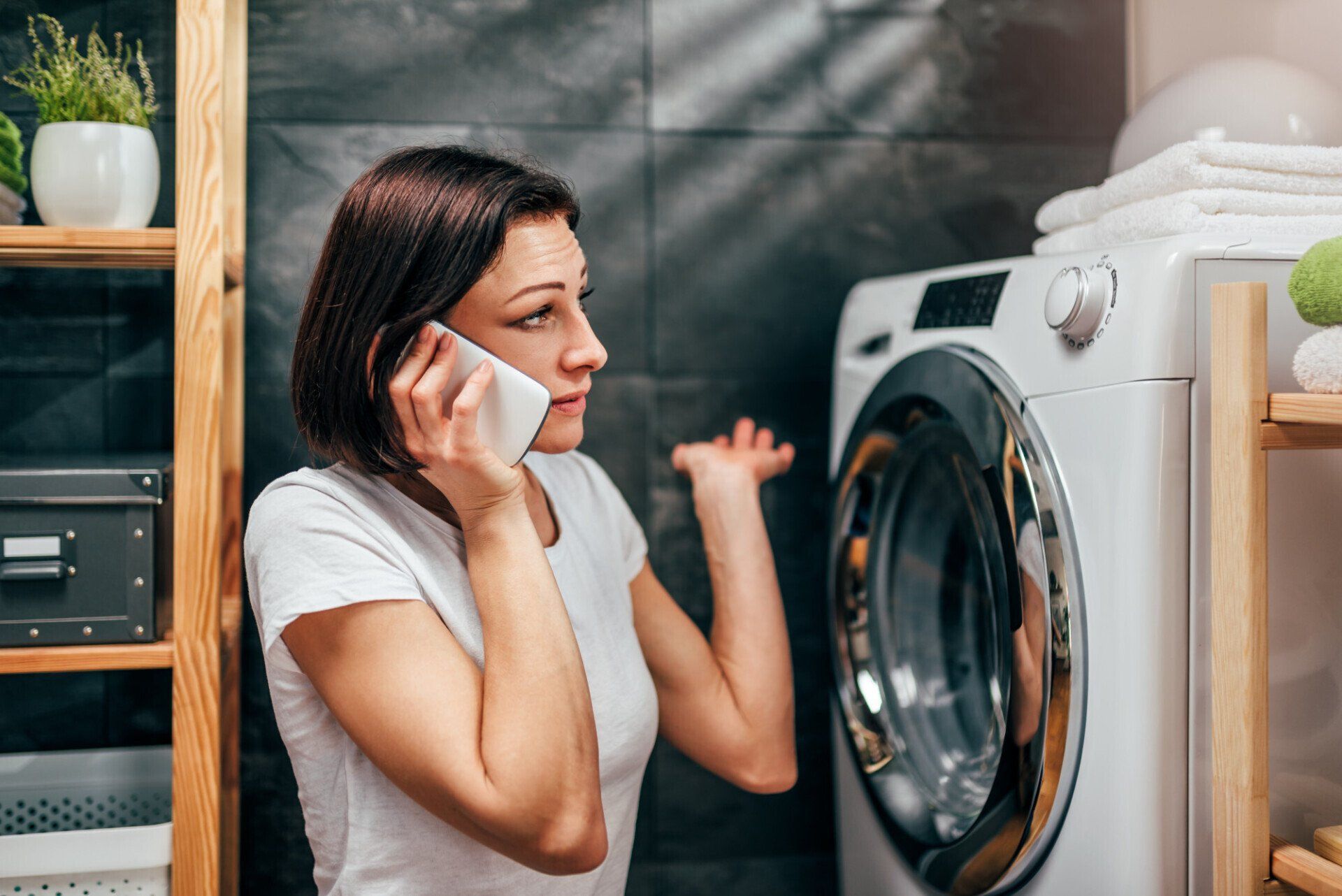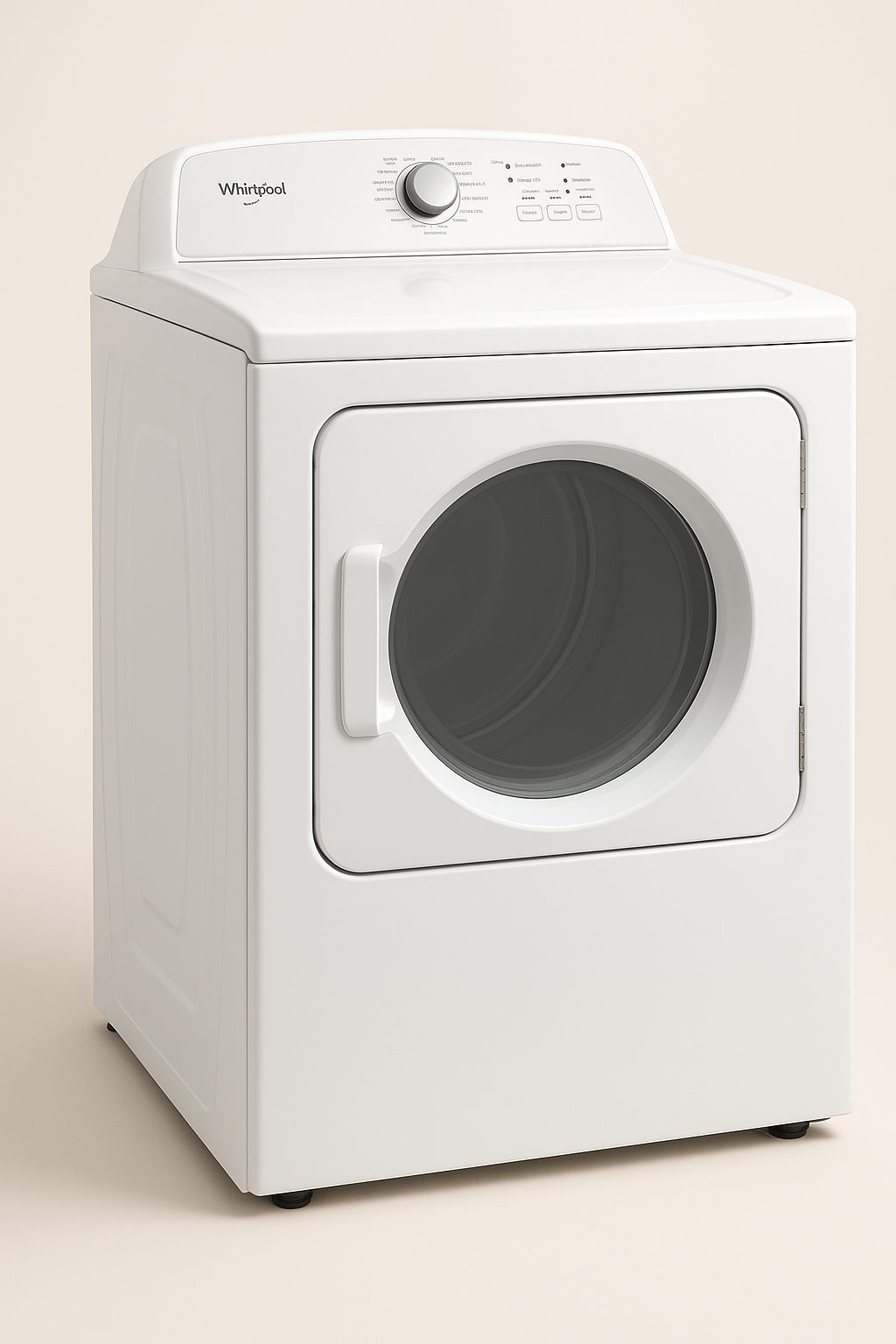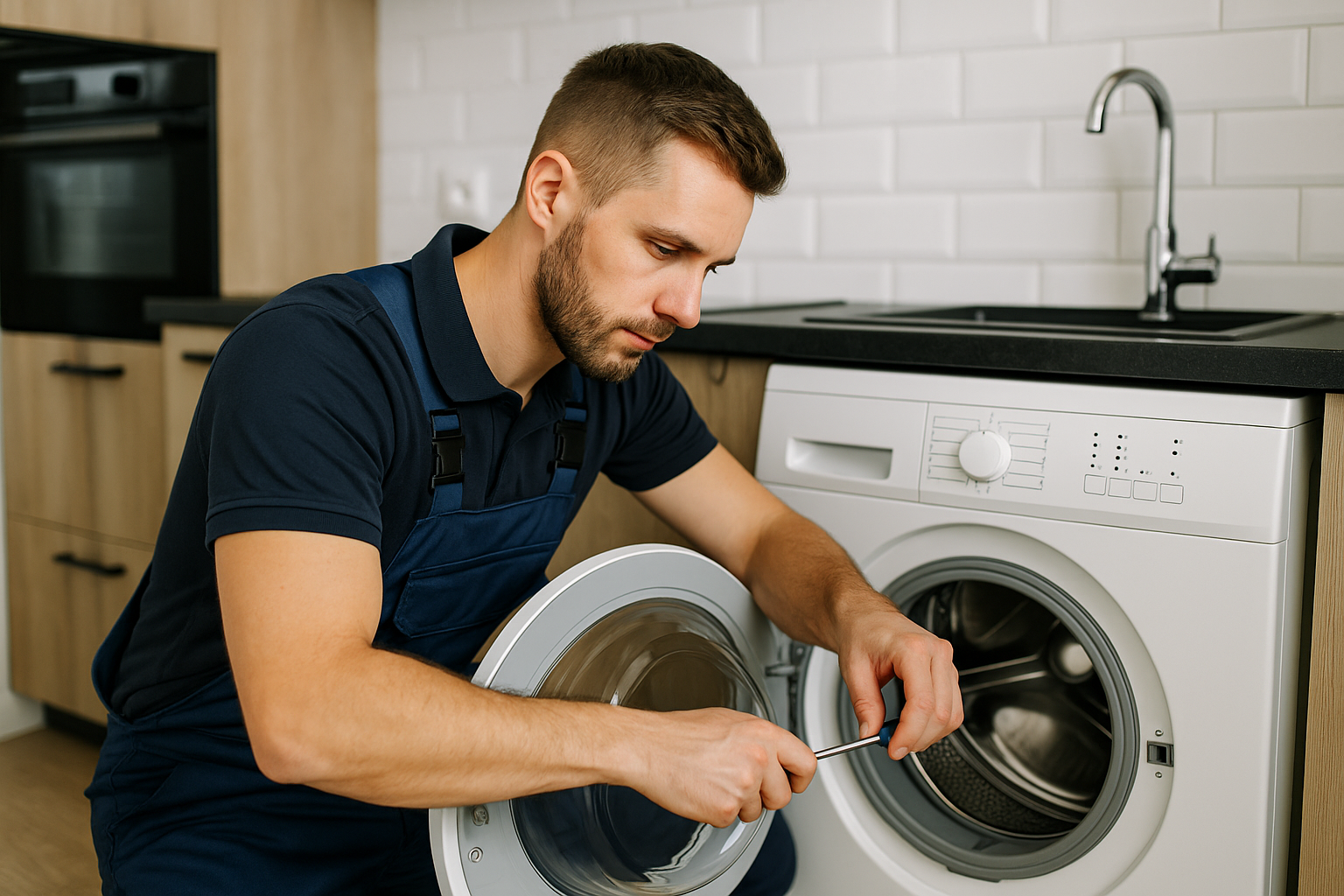Keeping Cool: A Guide to Refrigerator Repair
A Guide to Refrigerator Repair and Maintenance
Refrigerators are indispensable appliances in our homes, keeping our food fresh and our beverages cold. However, like any other appliance, they too can run into problems over time. When your fridge starts acting up, it's essential to understand the common issues and how to troubleshoot them. In this blog post, we will discuss refrigerator repair and maintenance tips that can help you keep your fridge running efficiently for years to come.
Common Refrigerator Problems
- Temperature Fluctuations: One of the most common issues with refrigerators is temperature fluctuations. If your fridge is too warm or too cold, it can lead to spoiled food. Check the thermostat settings and ensure that the coils behind or beneath the fridge are clean and free of dust and debris. A dirty condenser can cause temperature irregularities.
- Leaking Water: A puddle of water under your refrigerator is never a good sign. It could be due to a clogged defrost drain or a malfunctioning water supply line. Regularly check for leaks and address them promptly to prevent water damage to your floor.
- Strange Noises: Unusual noises coming from your fridge, such as rattling, humming, or clicking, can be an indicator of a problem. These noises may be caused by a faulty compressor, condenser fan, or evaporator fan. Addressing the issue early can prevent further damage.
- Ice Buildup: Excessive ice buildup in the freezer can reduce cooling efficiency and block air circulation. If you notice ice accumulating, defrost your freezer regularly and check the defrost heater and thermostat for any issues.
- Door Seal Problems: A damaged or worn-out door seal can lead to cold air escaping and warm air entering the refrigerator, making it work harder to maintain temperature. Inspect the seal for cracks or gaps and replace it if necessary.
Maintenance Tips
- Clean the Coils: Dust and debris can accumulate on the condenser coils, making your fridge less efficient. Clean them every six months to improve cooling performance.
- Keep the Fridge Full: A well-stocked fridge stays cooler for longer periods. If your fridge is often empty, consider filling it with jugs of water to help maintain a stable temperature.
- Check the Gasket: Inspect the rubber gasket around the door regularly. If you notice any damage or wear, replace it to ensure a tight seal.
- Level the Fridge: If your refrigerator is not level, the doors may not seal properly. Use a leveling tool to ensure that it is even on all sides.
- Regular Defrosting: If your fridge doesn't have an automatic defrost feature, manually defrost the freezer when ice buildup becomes significant.
Conclusion
Your refrigerator plays a crucial role in keeping your food fresh and safe. Regular maintenance and prompt attention to common issues can extend the life of your fridge and save you money on costly repairs. Remember to refer to your manufacturer's manual for specific instructions on maintaining your refrigerator model.
If you encounter problems that you can't resolve on your own, don't hesitate to contact a professional refrigerator repair service. They have the expertise and tools to diagnose and fix complex issues, ensuring your fridge continues to serve you well for years to come.
You might also like
